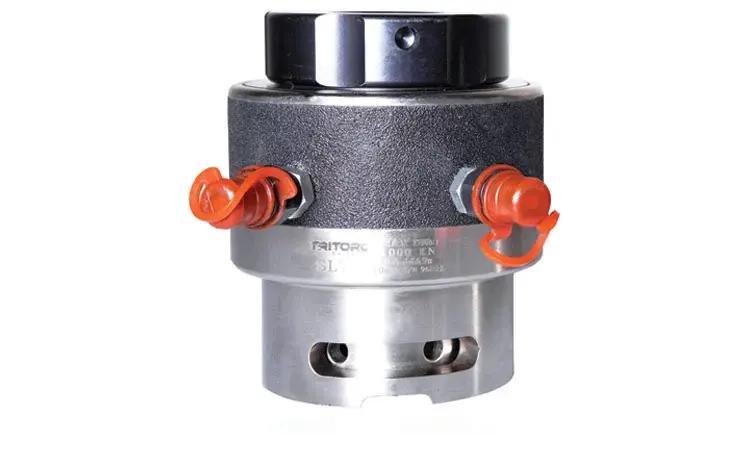Hydraulic bolt tensioners are specialized tools made to tighten and loosen bolts in industrial settings precisely. When compared to more conventional techniques like torque wrenches, stretch bolts provide a tension that is more precise and uniform by applying direct axial force to them. The hydraulic bolt tensioner apparatuses are fundamental in businesses like oil and gas, power age, and assembling, where the openness of darted joints is essential. Their effectiveness, well-being, and versatility make them ideal for high-stress, rock-solid conditions.
Accuracy and Uniform Tensioning
Hydraulic bolt tensioners are distinctive because of their ability to maintain consistent tension from every bolt within a joint. Therefore, hydraulic tensioners elongate the bolt along a line parallel to the bolt’s long axis, unlike regular tensioning tools like torque wrenches that use force to twist a nut or bolt head. Because of this, the tension can be applied directly with nearly no risk of the load of the joint being unevenly distributed. Hydraulic tensioners are more precise and less sensitive to the rotational resistance at the time of resizing the preload. This is important to prevent any form of distortion to vital mechanical assemblies in some of the applications.
High Load Capacity
The hydraulic bolt is ideal for the application of heavy loads because it is developed to apply a number of loads to the bolts. These are used in the tensioning of large diameter bolts in pipeline flanges pressure vessels and large machinery because the hydraulic tensioners’ developed forces is much greater than mechanical tensioners. The bolted joints will easily take extreme conditions lunder high temperatures or pressure.
Safety and Precision
Hydraulic tensioners are more accurate than other tools like torque wrenches; it is because they have issues of resistance. Hydraulic tensioners enhance the tensioning procedures since the frictional forces, which make the process less reliable, are not part of the straight axial tension. This type of precision is especially valuable in industries such as the power plant and the offshore sector, where the bolts’ integrity is a life-critical component for flanged connections. Hydraulic bolt tensioners operation of special safety precautions that have to be followed during usage of this tool. Leading these tools are the pressure relief valves and load indicators that boost the safety standards.
Efficiency and Speed
The hydraulic bolt tensioners’ capacity to quickly and effectively tension bolts is but another significant advantage. Hydraulic tensioners can apply tension to multiple bolts simultaneously, significantly reducing the amount of time required to assemble or disassemble bolted joints compared to manual methods, which can be time-consuming and labor-intensive.
This is particularly beneficial in industries like offshore drilling and power generation, where downtime must be minimized. The quick-release mechanisms are frequently included in the design of hydraulic tensioners, making it easier to set up and take them down quickly, which further improves productivity.
Bottom Line
Hydraulic bolt tensioners are essential tools with companies that need a secured high load bolts connection systems. They are preferable to traditional force to torque based methods because they can offer consistent tension, high carrying capacity, accuracy and safety. In such aggressive markets they remain more efficient, versatile, and very much durable making them even more useful. Hydraulic bolt tensioners are indispensable for generating the high tension forces necessary to guarantee safe and reliable bolted connections for all types of industries, from the heavy manufacturing sector to the oil and gas industry and the power generation industry.




